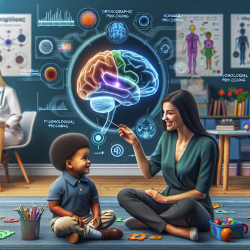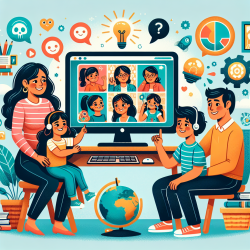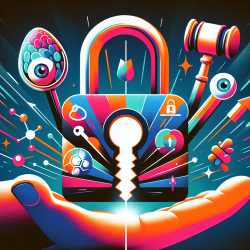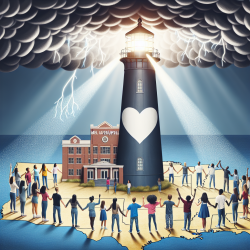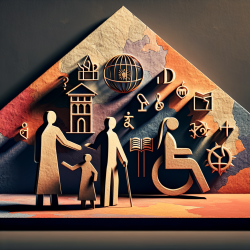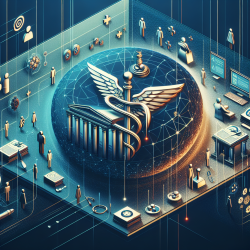Introduction
The COVID-19 pandemic has left an indelible mark on healthcare systems worldwide, significantly impacting the mental health of healthcare workers. The Mount Sinai Center for Stress, Resilience, and Personal Growth (CSRPG) in New York has emerged as a pioneering model for addressing these challenges. By integrating community engagement, resilience training, and personalized mental health services, CSRPG provides a comprehensive framework that can be adapted to various settings, including educational environments.
Key Components of the CSRPG Model
The CSRPG model comprises several innovative strategies that can be beneficial for practitioners looking to enhance their skills in supporting mental health and resilience. These strategies include:
- Community Engagement: CSRPG emphasizes the importance of stakeholder involvement in service development. By utilizing community-based participatory research, the center ensures that its programs are tailored to the specific needs of its community.
- Resilience Training Workshops: The center offers an 11-meeting series of peer-co-led resilience workshops. These workshops focus on evidence-based resilience factors such as optimism, facing fears, and social support. Practitioners can incorporate similar workshops into their practice to foster resilience among their clients.
- Mental Health Screening and Support: CSRPG provides confidential mental health screenings and resource navigation, reducing barriers to care. Practitioners can adopt similar screening tools to identify and address mental health needs promptly.
Implementing CSRPG Strategies in Practice
Practitioners can draw inspiration from the CSRPG model to enhance their skills and improve client outcomes. Here are some actionable steps:
- Develop Resilience Workshops: Create workshops based on the ten resilience factors identified by CSRPG. Tailor these workshops to the specific needs of your clients, whether they are students, educators, or healthcare workers.
- Utilize Technology: Consider developing a mobile app or online platform that allows clients to self-screen for mental health symptoms and access resources. This can increase accessibility and engagement.
- Foster Community Involvement: Engage stakeholders in the development of mental health programs. This ensures that services are relevant and effective, fostering a sense of ownership and commitment among participants.
Encouraging Further Research
The CSRPG model highlights the importance of ongoing research in understanding and enhancing resilience. Practitioners are encouraged to engage in further research to explore the effectiveness of different resilience-building strategies. Collaborating with academic institutions and participating in professional conferences can provide valuable insights and opportunities for growth.
Conclusion
The Mount Sinai Center for Stress, Resilience, and Personal Growth offers a robust framework for addressing mental health challenges in the wake of the COVID-19 pandemic. By implementing its strategies, practitioners can improve their skills and better support their clients' mental health and resilience. To delve deeper into the research and outcomes of the CSRPG model, practitioners are encouraged to explore the original research paper.
To read the original research paper, please follow this link: Mount Sinai's Center for Stress, Resilience and Personal Growth as a model for responding to the impact of COVID-19 on health care workers.
